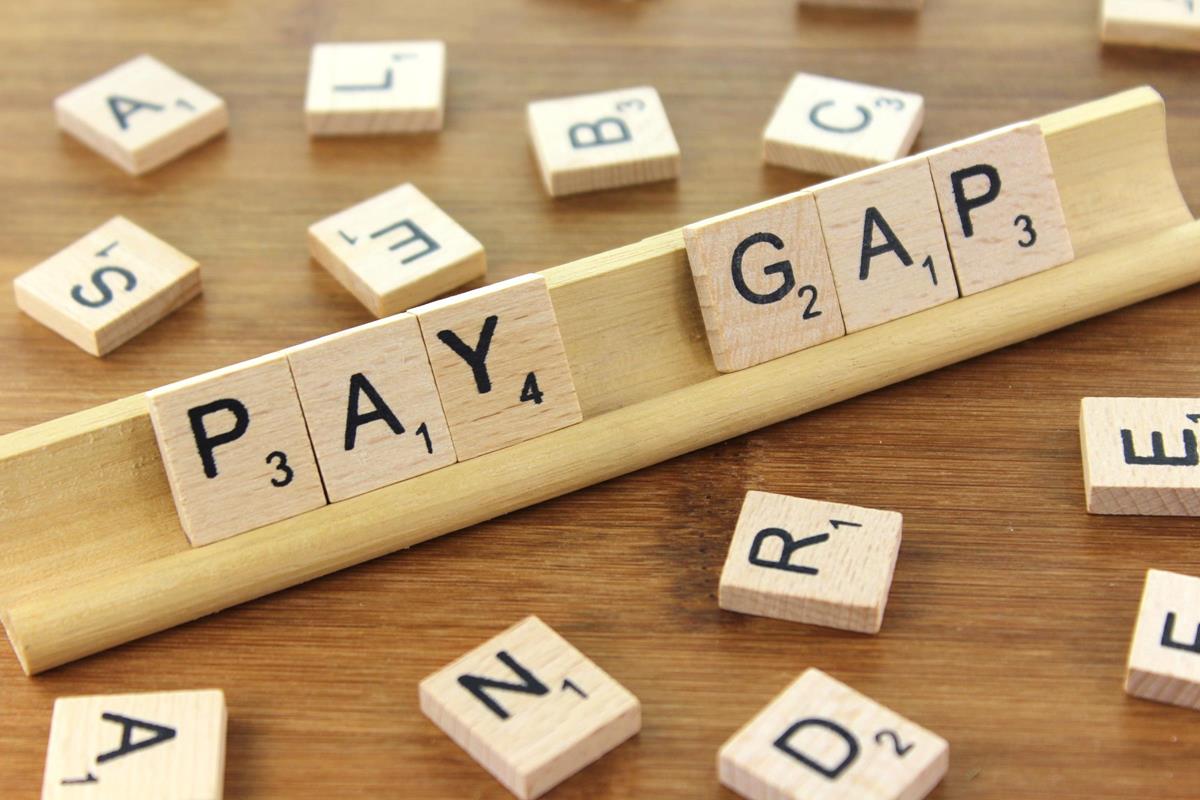
On April 4, we observe Equal Pay Day to bring awareness to the gap between men’s and women’s wages. The day is a symbolic way to show when, on average, a woman’s earnings would catch up to what a male counterpart earned in the previous year. Last year, full-time working women were paid 80 percent of what men were paid, and for women of color, the wage gap was even greater. Native American women make 59 cents to the dollar while African American women make 60 cents, and Latinas are paid just 54 cents for every dollar paid to a white non-Hispanic man.
The pay gap shows us that we are facing pervasive gender discrimination. Women with the same education and work experience as their male counterparts are still paid less for the same work. The pay gap is seen in all occupations and across all states, it is worse for mothers, and it increases with a woman’s age. The current rate of change is indicative that the gap will not close until the year 2152. This is untenable; equal pay for equal work is a pressing matter that affects women of all ages, and we must end wage discrimination.
Jewish tradition has long recognized the importance of paying fair wages. The Talmud teaches that "One who withholds an employee's wages is as though he has deprived him of his life" (Baba Metzia 112a). The impact of women’s lost wages due to the gender wage gap is significant. For example, a woman’s ability to care for her health, specifically reproductive health, is intrinsically linked to economic security. Additionally, by paying a woman less than her male counterpart, it devalues her skills, capabilities and intelligence.
In the 114th Congress, the Paycheck Fairness Act (S. 862 / H.R. 1619) was introduced to address this pay gap. The bill would have deterred pay discrimination by closing loopholes in the Equal Pay Act of 1963, and by barring retaliation against workers who disclose their wages. In honor of this Equal Pay Day, take action and urge your Members of Congress to reintroduce and support the Paycheck Fairness Act.
To learn more about pay equity, visit our issue page. You can also access resources on equal pay from Women of Reform Judaism’s website.
Related Posts

Remarks from Rabbi Eliana Fischel at Jewish Gathering for Abortion Access

Teens from North Carolina Speak About Environmental Justice

